Surecom SS-11 Field Strength Power Tester Portable RSSI Meter & Antenna 100KHz-3000MHz High Sensitivity Instrument
The SS-10 Field Strength Meter is ideal for reading relative field strength from your antenna.
It is a compact unit that fits in the palm of your hand and can be taken anywhere.
The best part of using it is that you now can tell if your antenna is radiating or not by simply holding the unit near your antenna and adjusting the sensitivity. Also, by taking measurements, you can find out relatively how strong your antenna field is. Operation The SS-11 Field Strength Meter is very simple to use. It requires no power because your antenna field provides the power necessary to run the meter.
Simply raise the single whip antenna on your unit, stand several feet away, and adjust the sensitivity knob on the front, it’s that easy.
You want to ensure that the whip antenna is parallel with the polarity of the antenna you are reading.
Now you can read the relative field strength of your antenna.
Features:
The appearance is simple and efficient, beautiful and generous.
Frequency bandwidth, high sensitivity. 100KHz-3000MHz (with antenna ), please use different frequency antennas to test signals with different frequencies for better effect and sensitivity)
Build-in Battery .
The pointer amplitude can be adjusted (to protect the meter)
Built-in automatic damping function, which is the buffer function, prevents the needle from swinging too fast and causing damage.
Small size, easy to carry, size: 75 x 100 x 64mm (excluding the raised antenna part)
Key Specifications:
Test suitable antenna for walkie-talkie use
Frequency bandwidth, high sensitivity. 100KHz-3000MHz
Measurement Radio Field Strength
The pointer amplitude can be adjusted (to protect the meter)
Specifications:
Model No. SS-10
Frequency Range: 100KHz -3GHz
Size without Socket : 75 x 100 x 64mm
Antenna (in ) Interface: SMA Female
Net Weight : 240g (not include antenna)
Package include
1x SS-11 Field Strength Meter
1x SMA MALE UHF Telescopic Antenna
1x English Instructions

 Instructions for use:
Instructions for use:
Before use, please rotate the “amplitude adjustment” to the left most end. The length of the antenna to be pulled depends on the frequency of the test. It is better to have 1/4 wave as much as possible. The handheld walkie-talkie is about one meter away from the field strength meter. Don’t be too close! In order to avoid the signal is too strong to burn the field strength meter! Then press the walkie-talkie PTT button to make the walkie-talkie enter the launch state. At this time, the pointer of the field strength meter should have a signal indication. The stronger the signal, the greater the indication!
Amplitude adjustment: If the field strength indicator indicates that the maximum range is exceeded, the “amplitude adjustment” can be adjusted to let the pointer indicate the appropriate position.
Method for testing the maximum gain point of an antenna
1. In order to change the frequency conveniently and quickly, you should use the keyboard to set the frequency walkie-talkie manually.
2. Link the walkie-talkie and antenna feeders, place the field strength meter near the antenna (depending on the environment), place it within the vertical radiation angle of the antenna as much as possible, and the antenna planning method is best.
3. Set the frequency of the walkie-talkie, press the launch button, observe the meter reading, and register the meter reading. Then set the walkie-talkie to other frequency points, let the walkie-talkie enter the launch state again, observe the meter reading and then compare the readings of each frequency point! You can know the best frequency/segment of the antenna under test!
A typical field-strength meter is shown in Figure 1. This is a simple passive (unpowered) circuit in which radio frequency energy is intercepted by the antenna, rectified to DC, and then used to directly drive the meter. The maximum sensitivity of this circuit is based primarily on several factors:
The gain of the antenna: How much of the signal is actually intercepted.
The sensitivity of the meter movement being used.
The nature of the diodes being used. 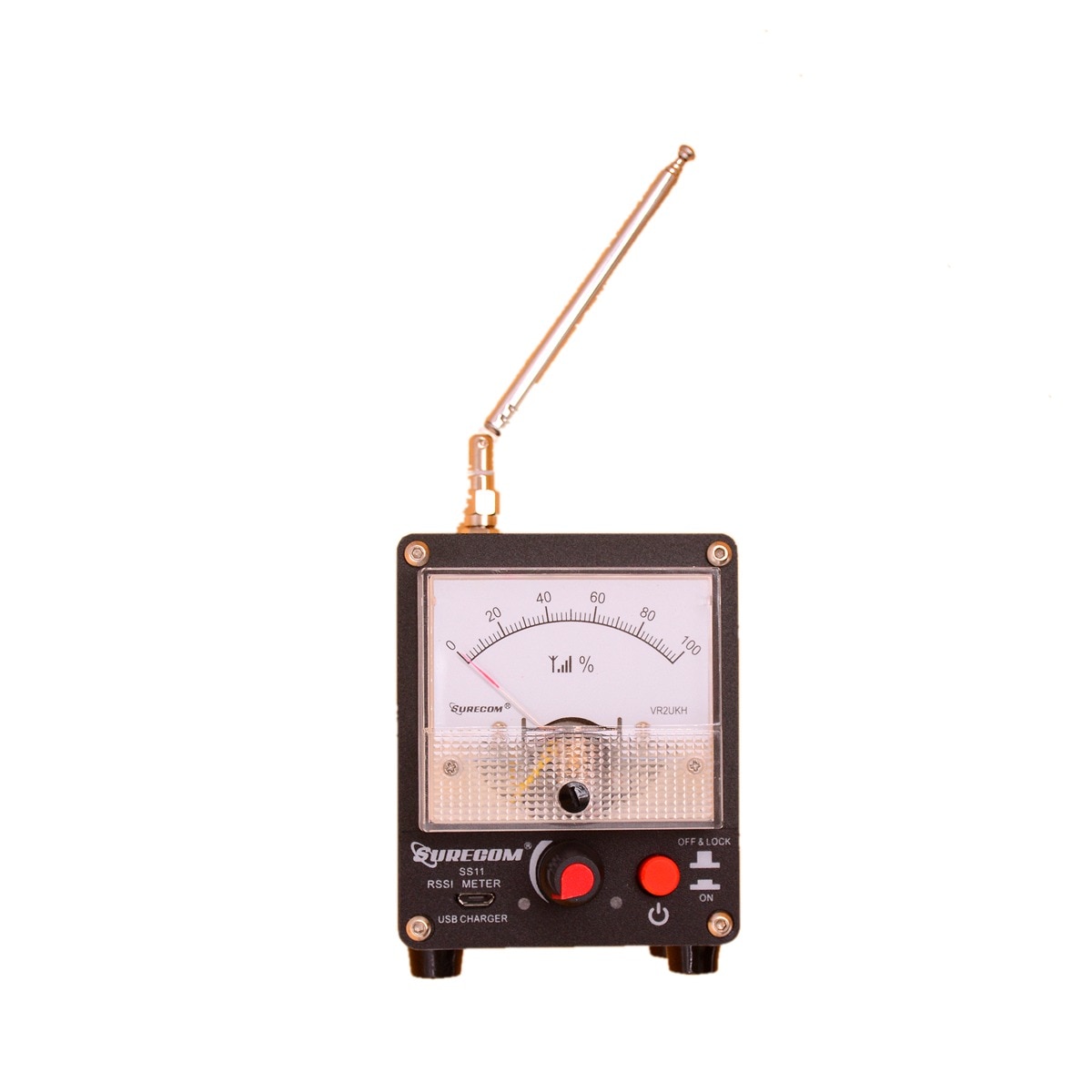
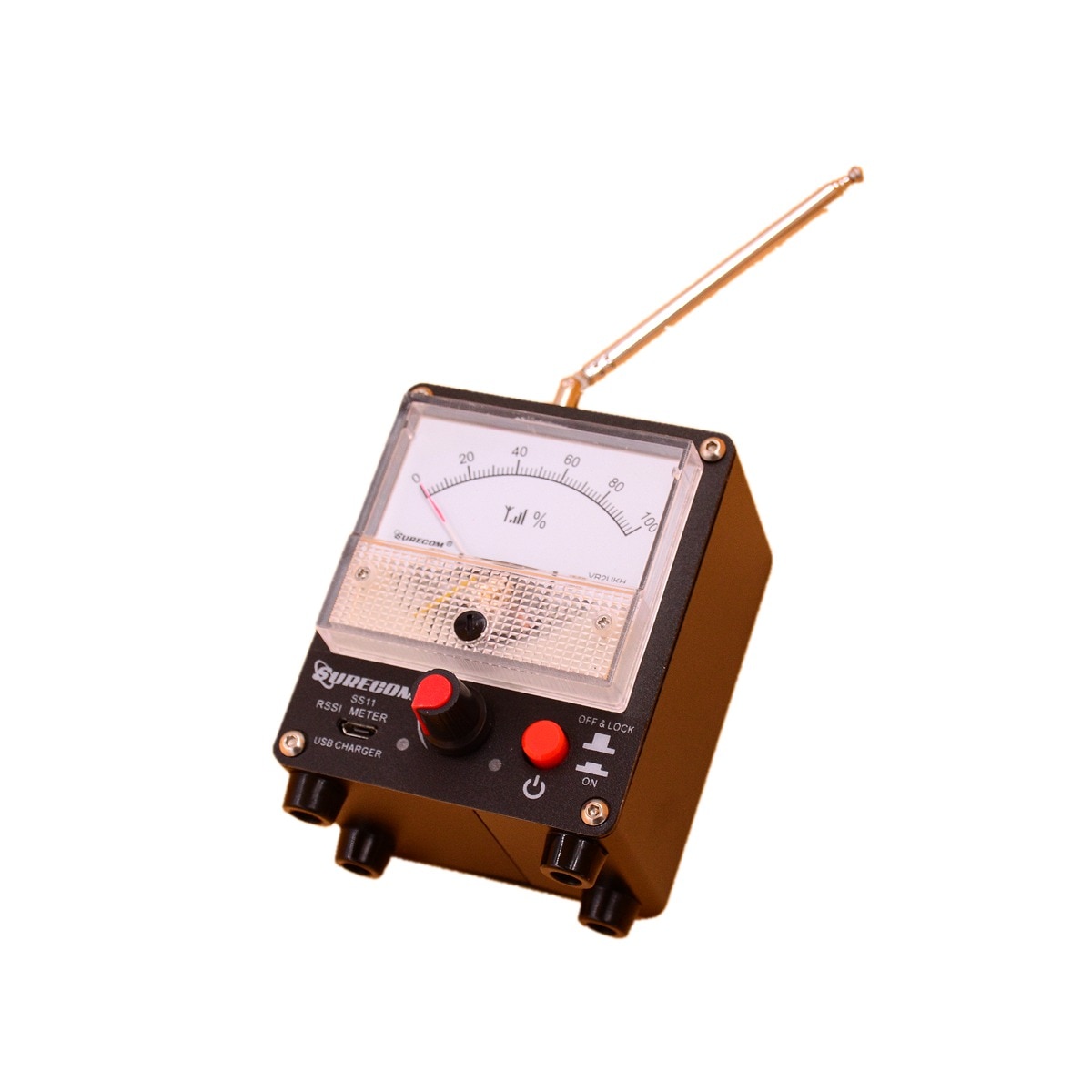
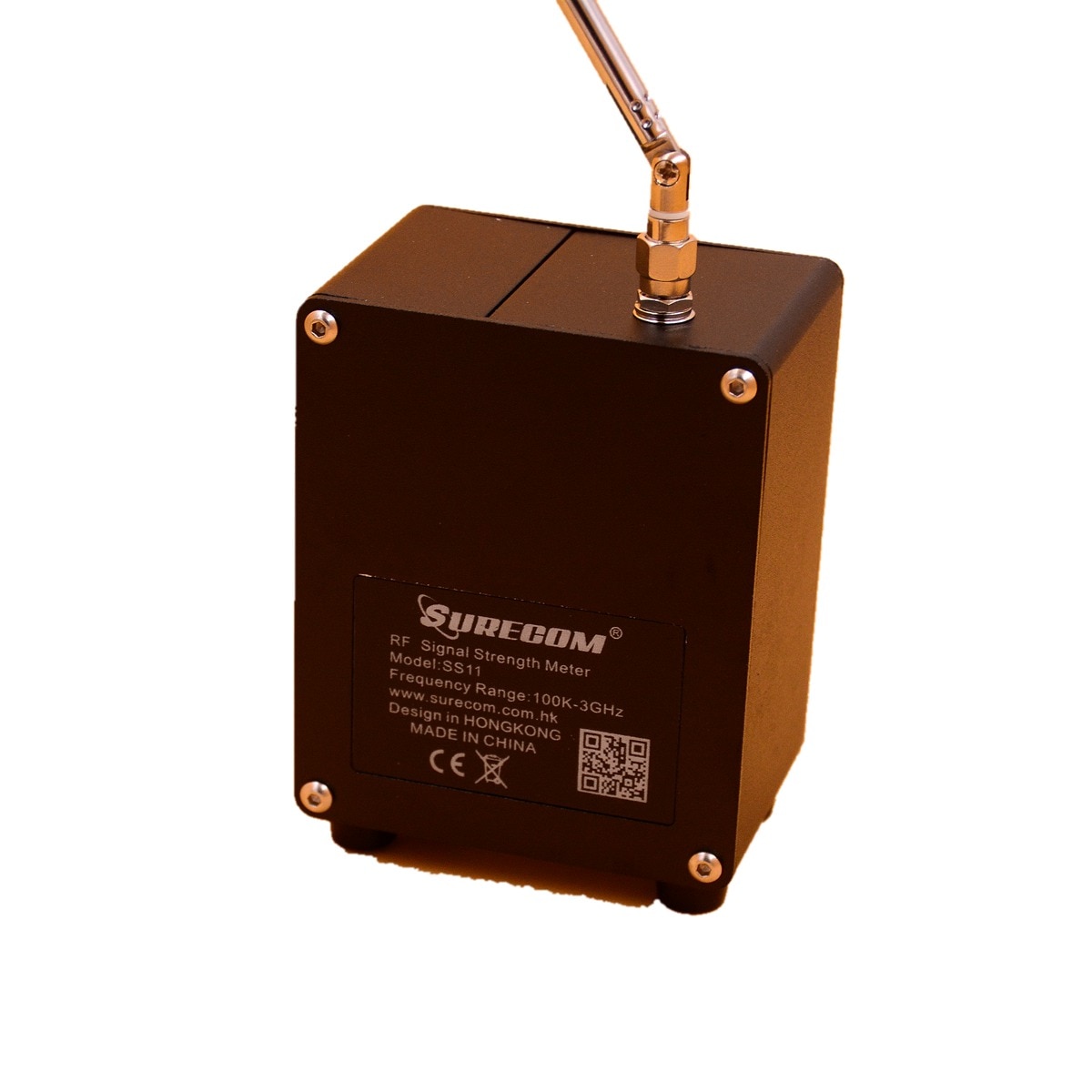
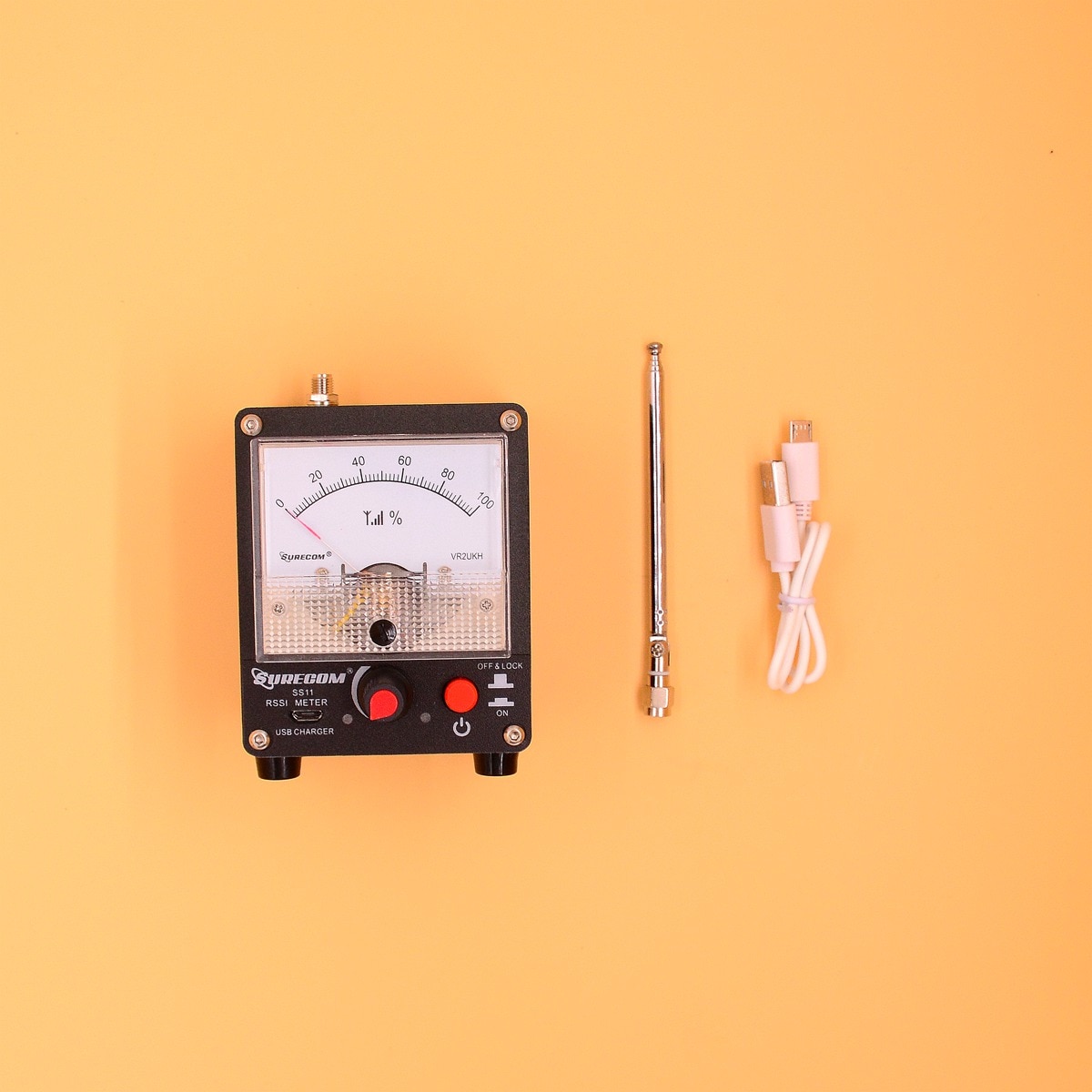
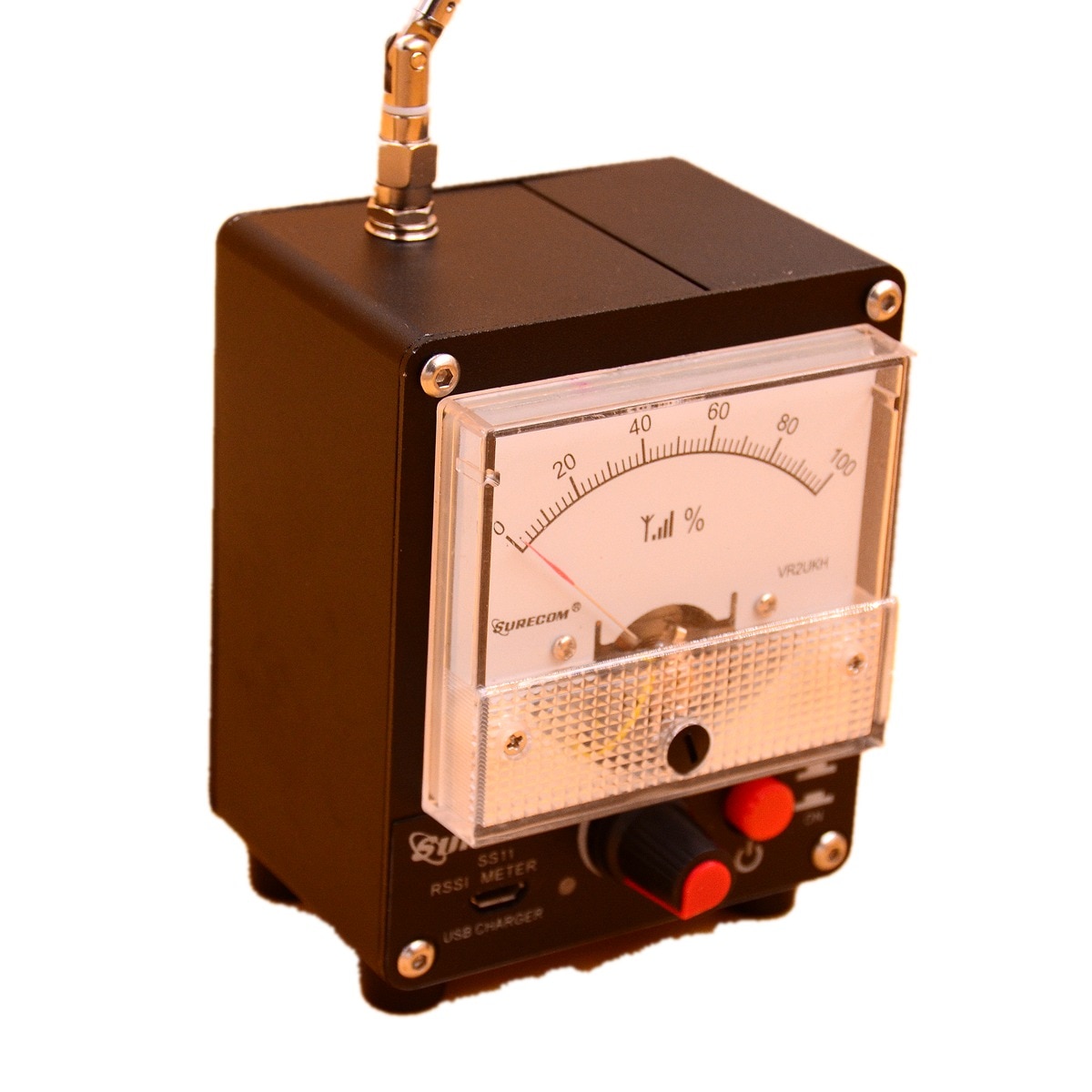
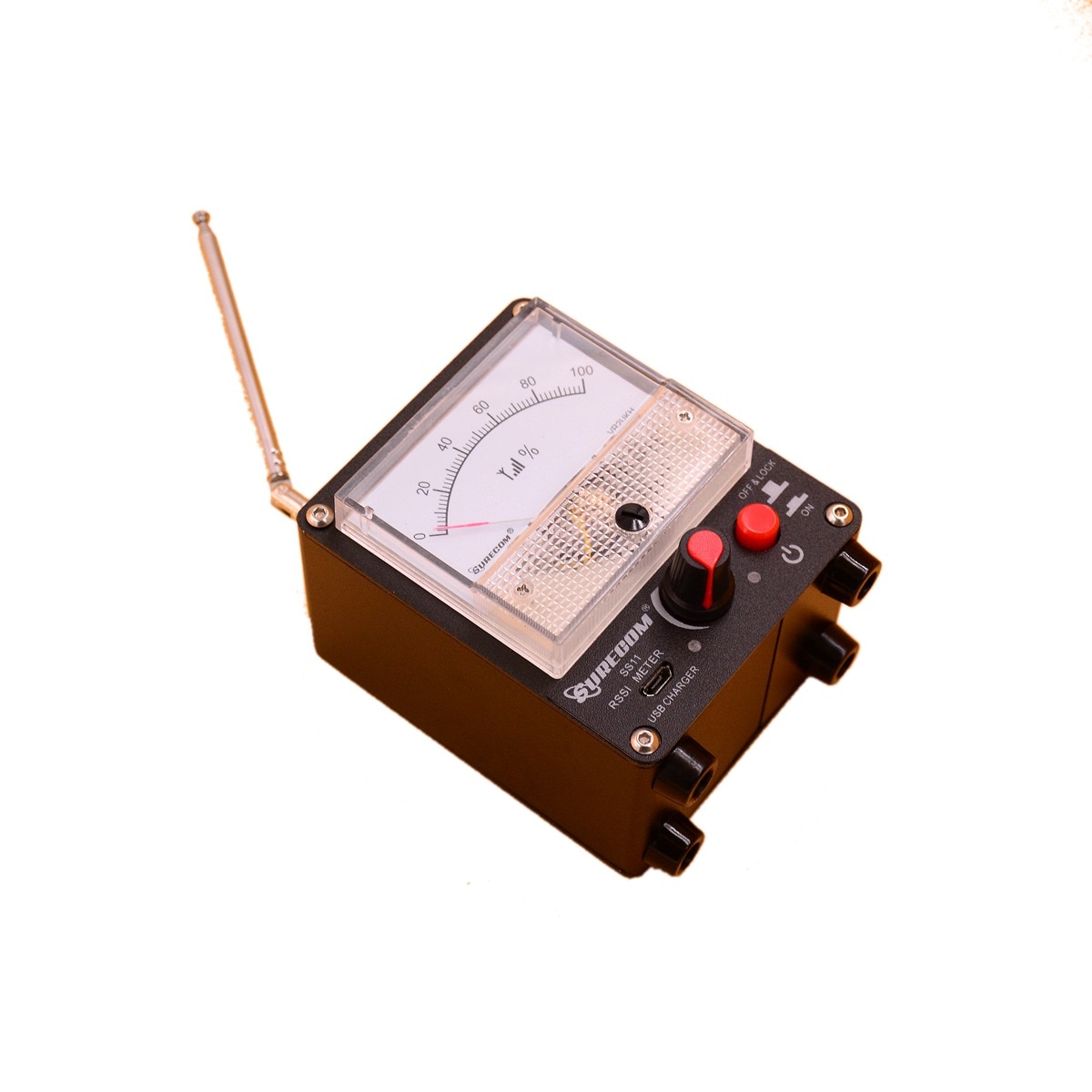
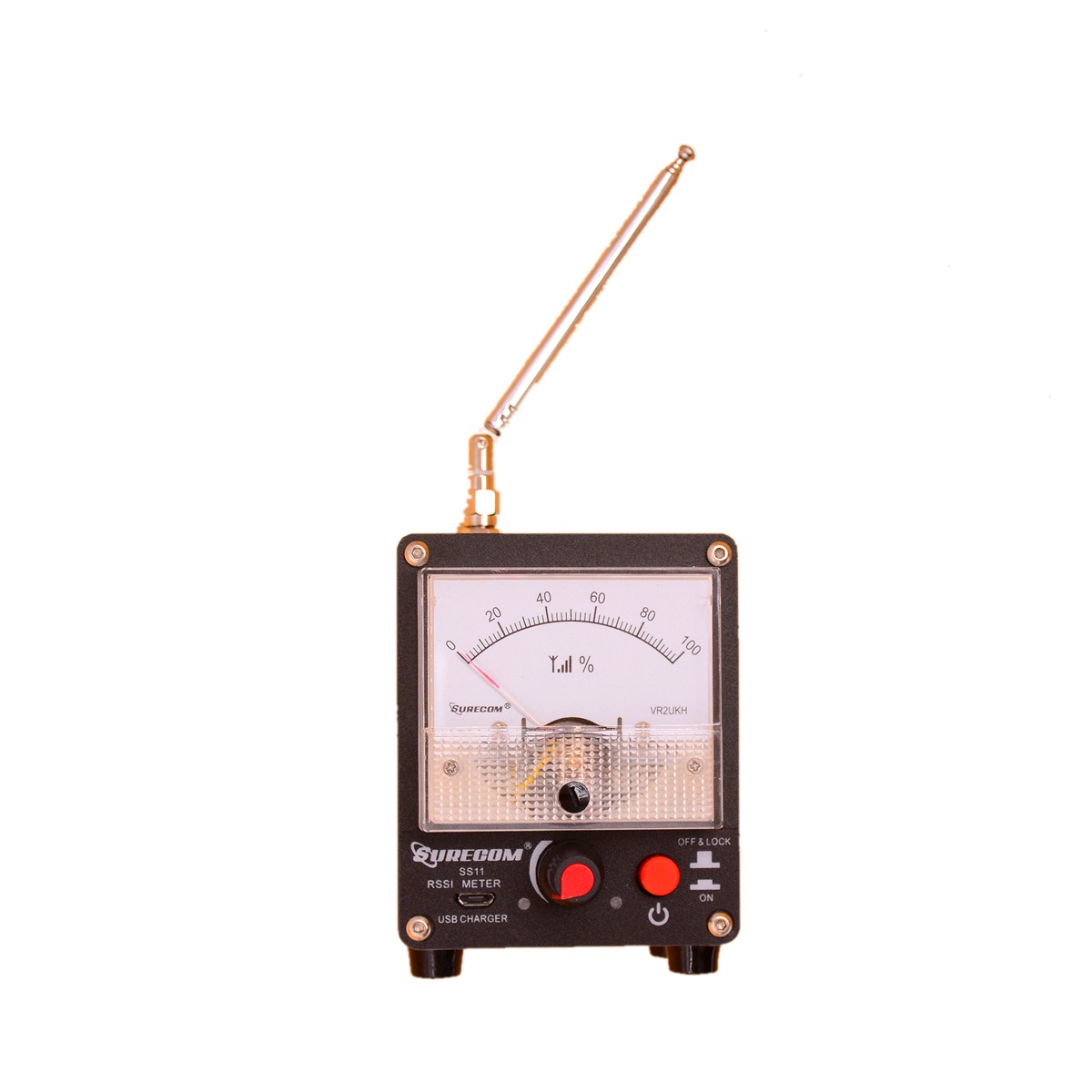
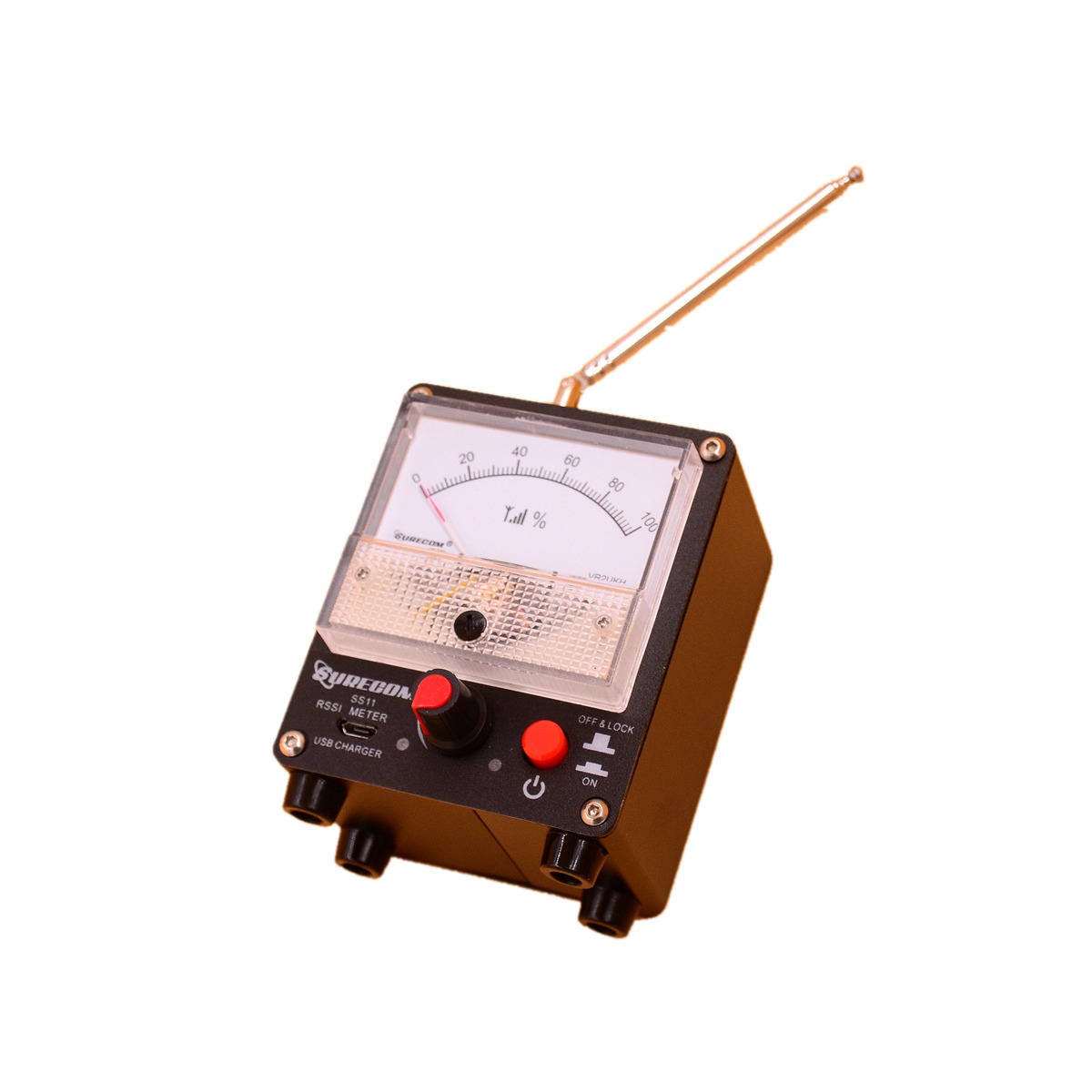
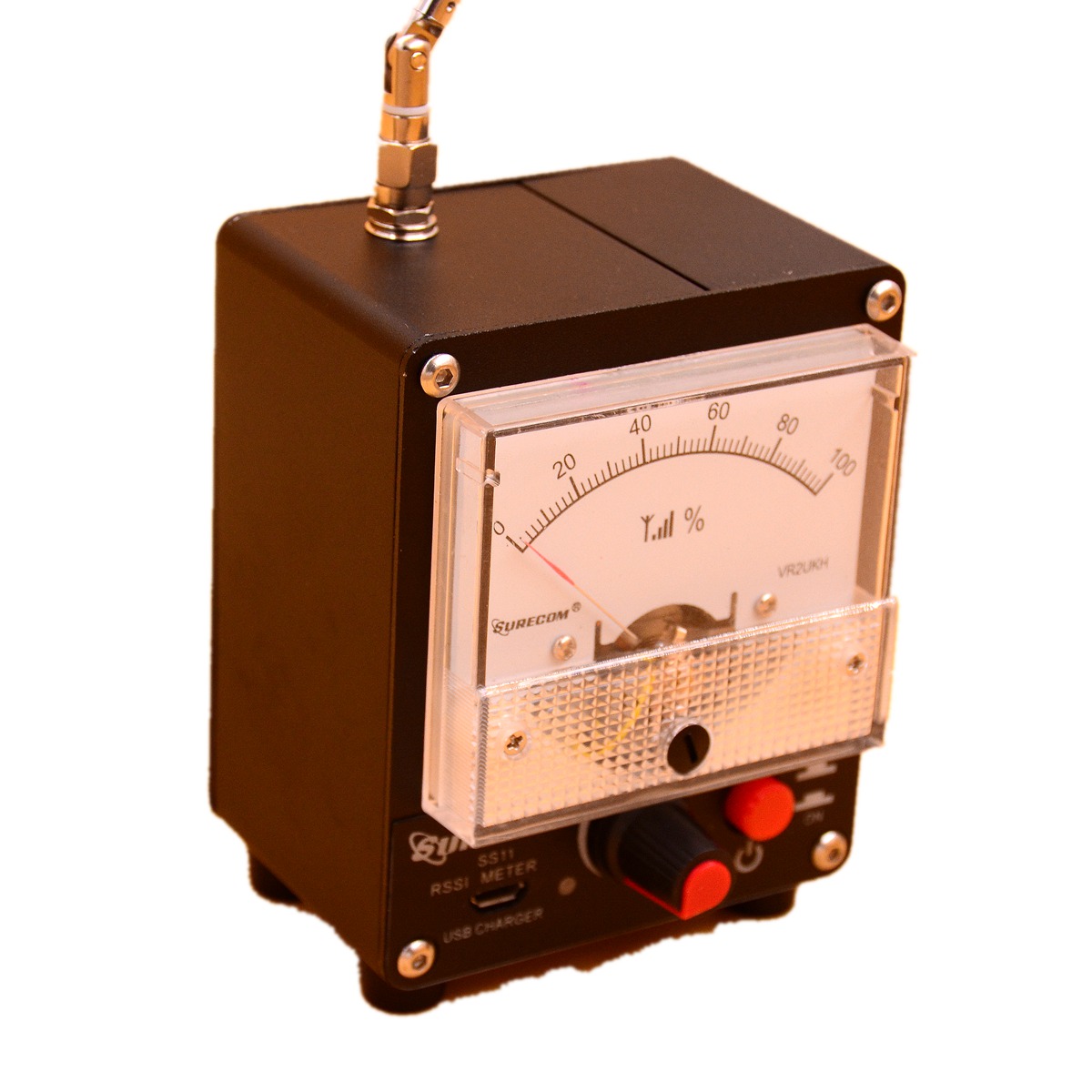
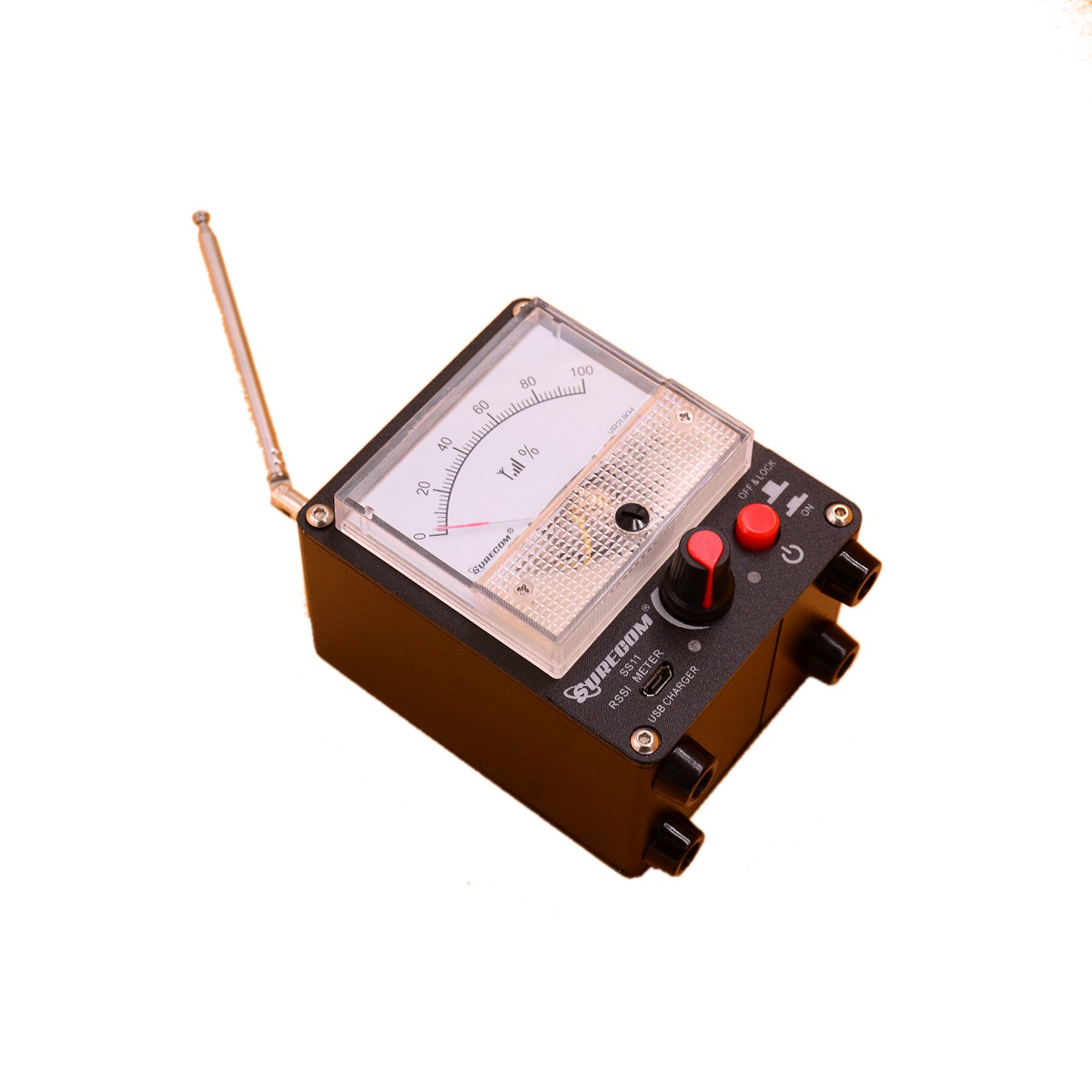
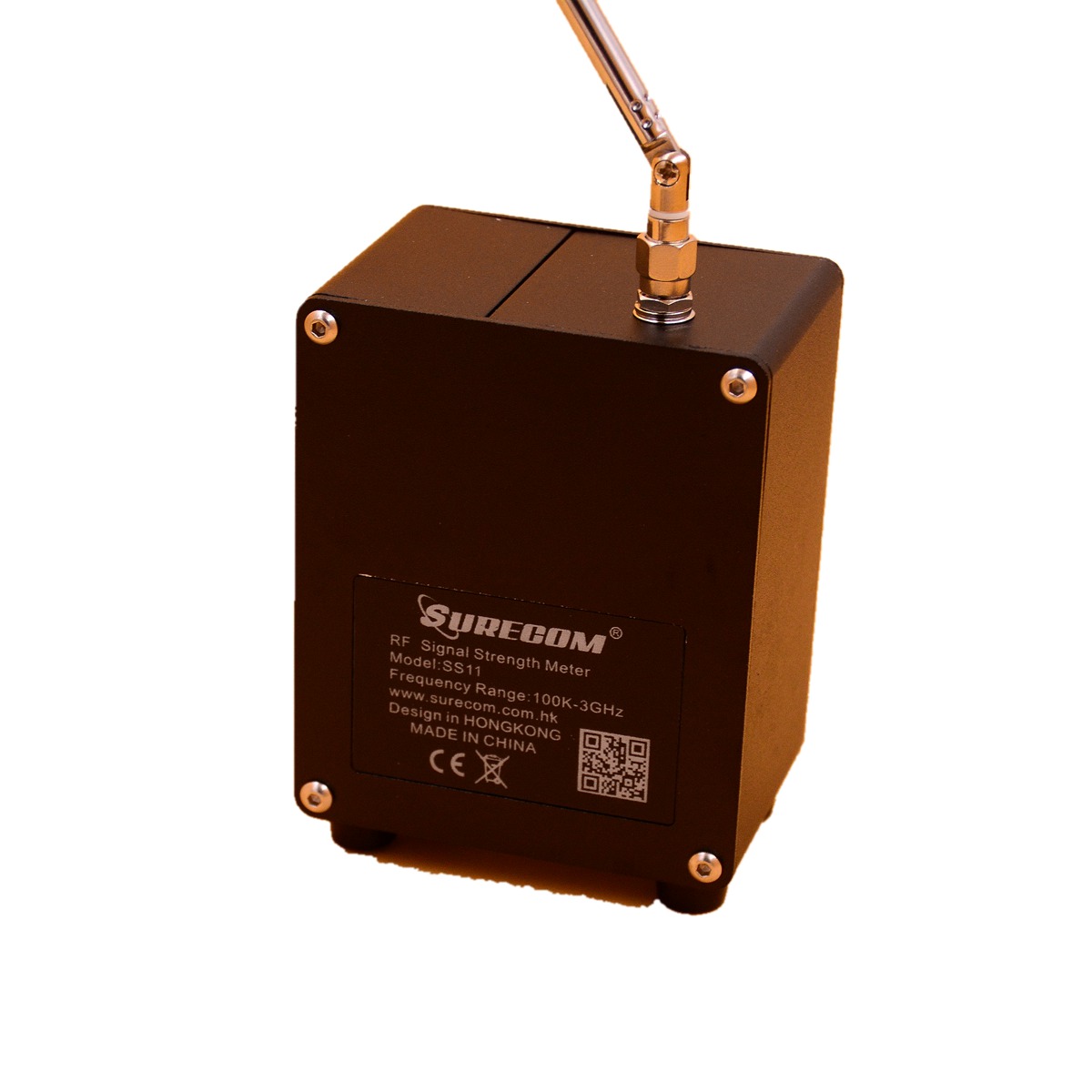
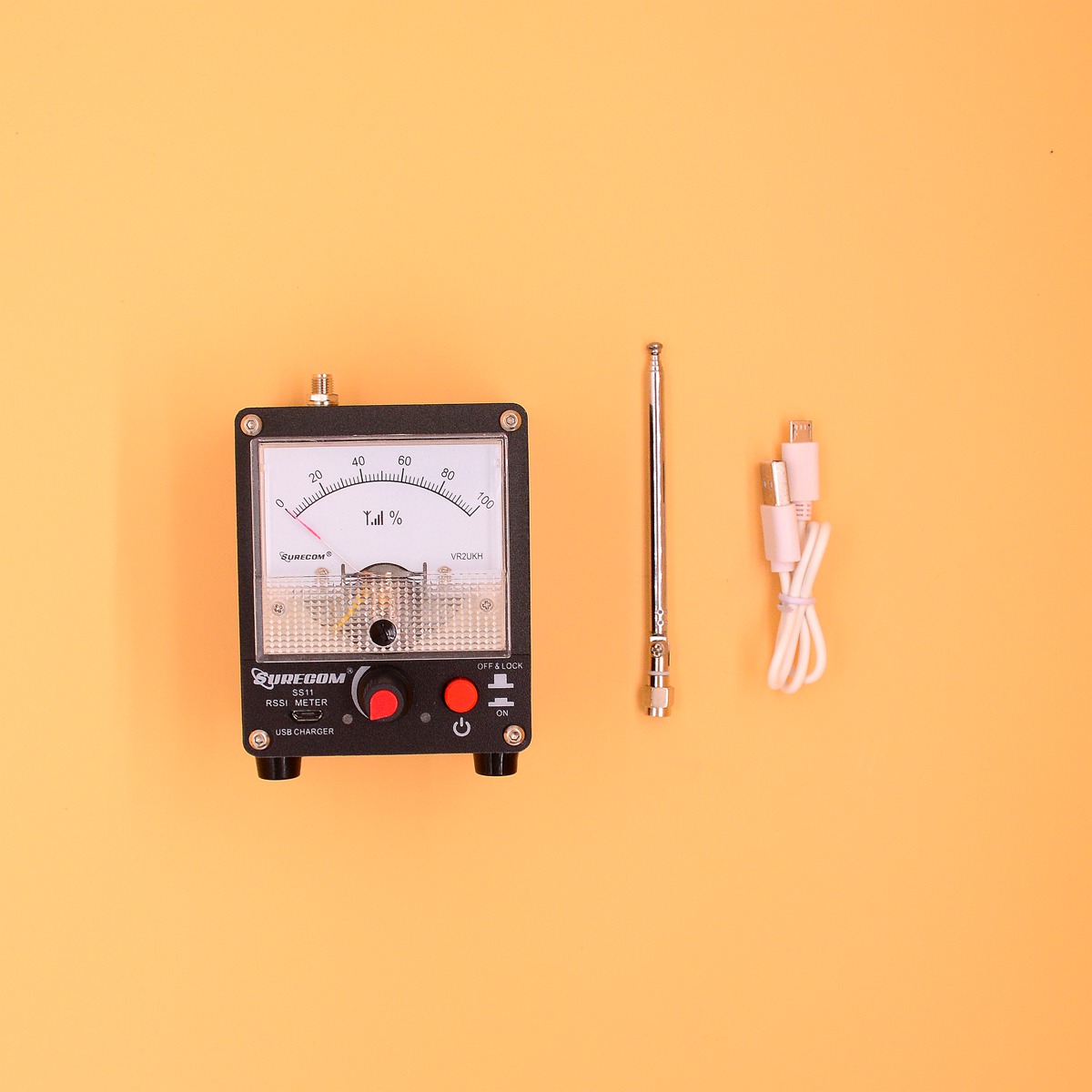
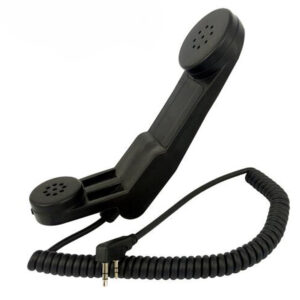
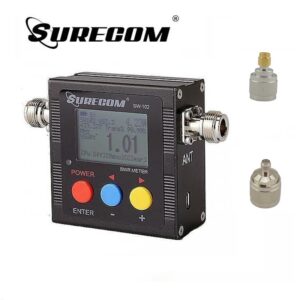
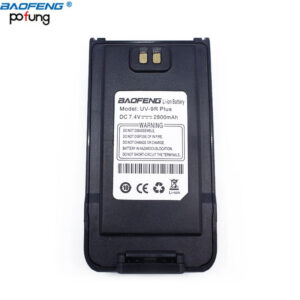
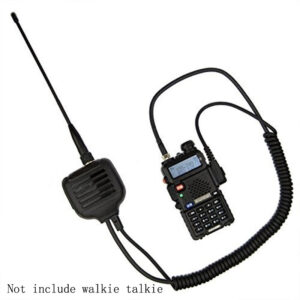
Reviews
There are no reviews yet.